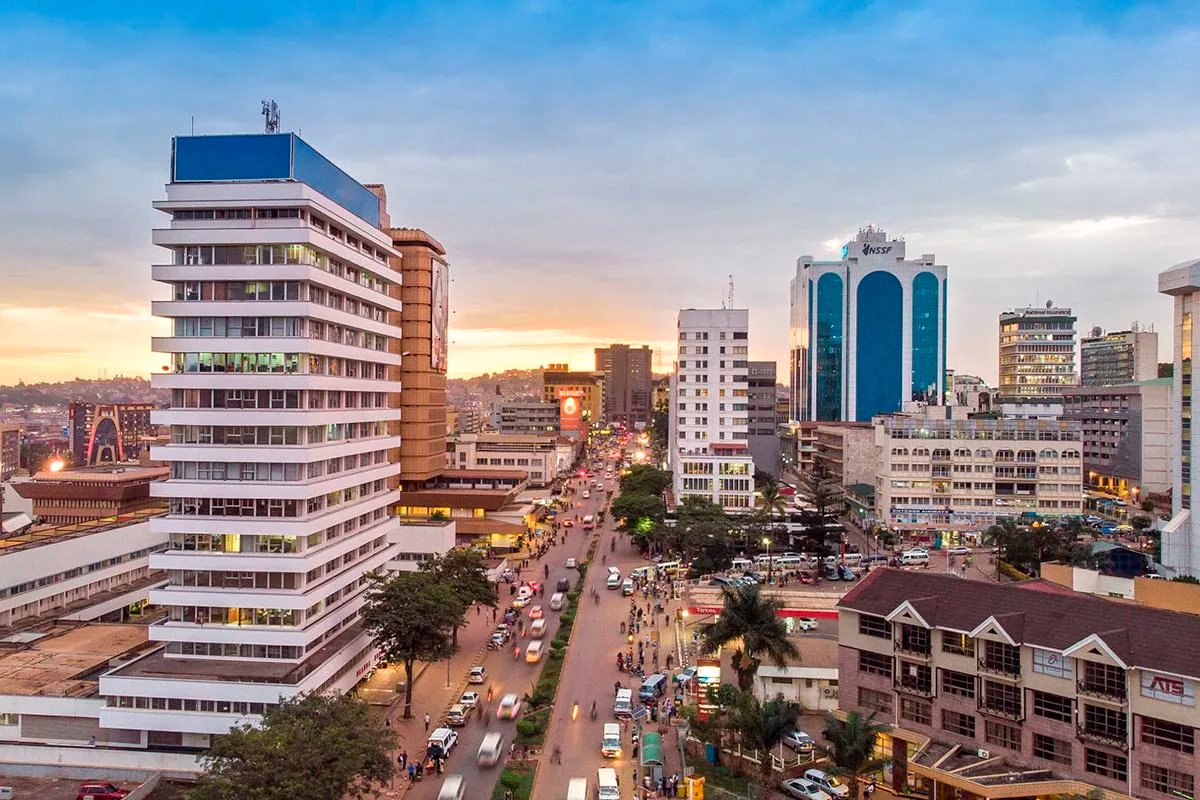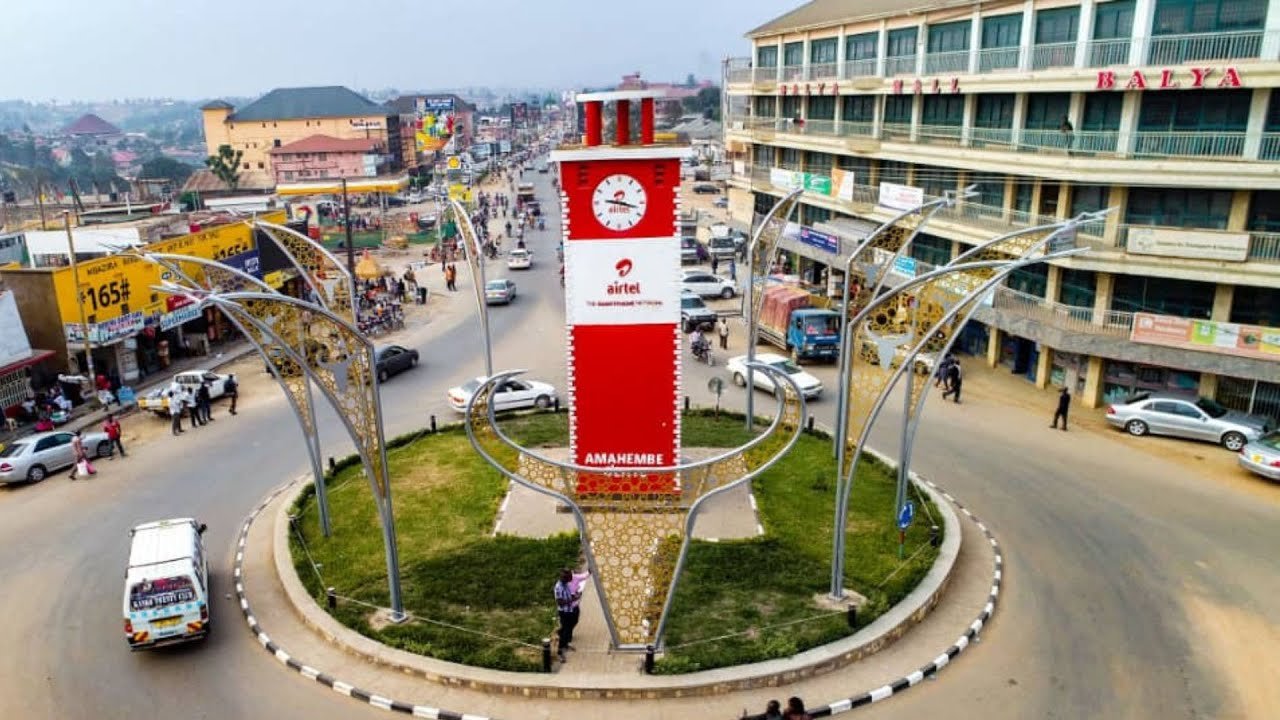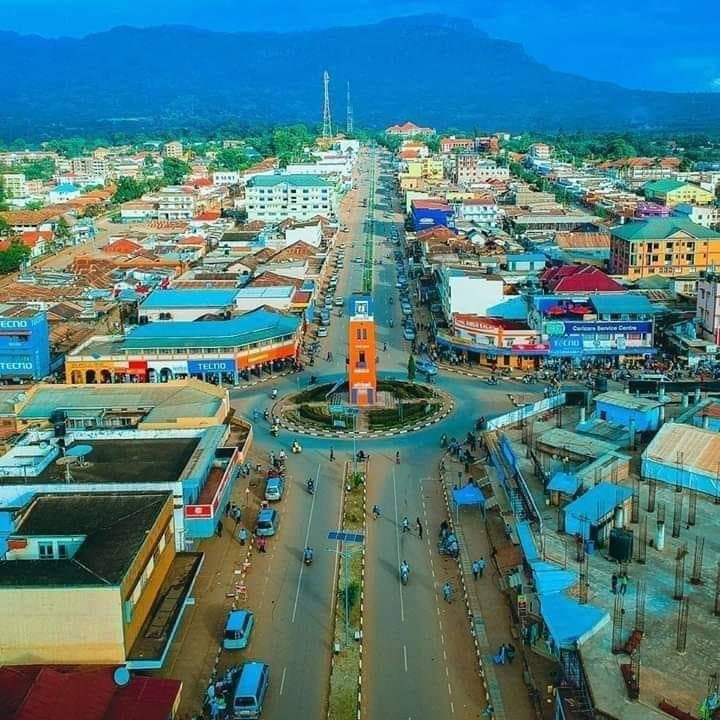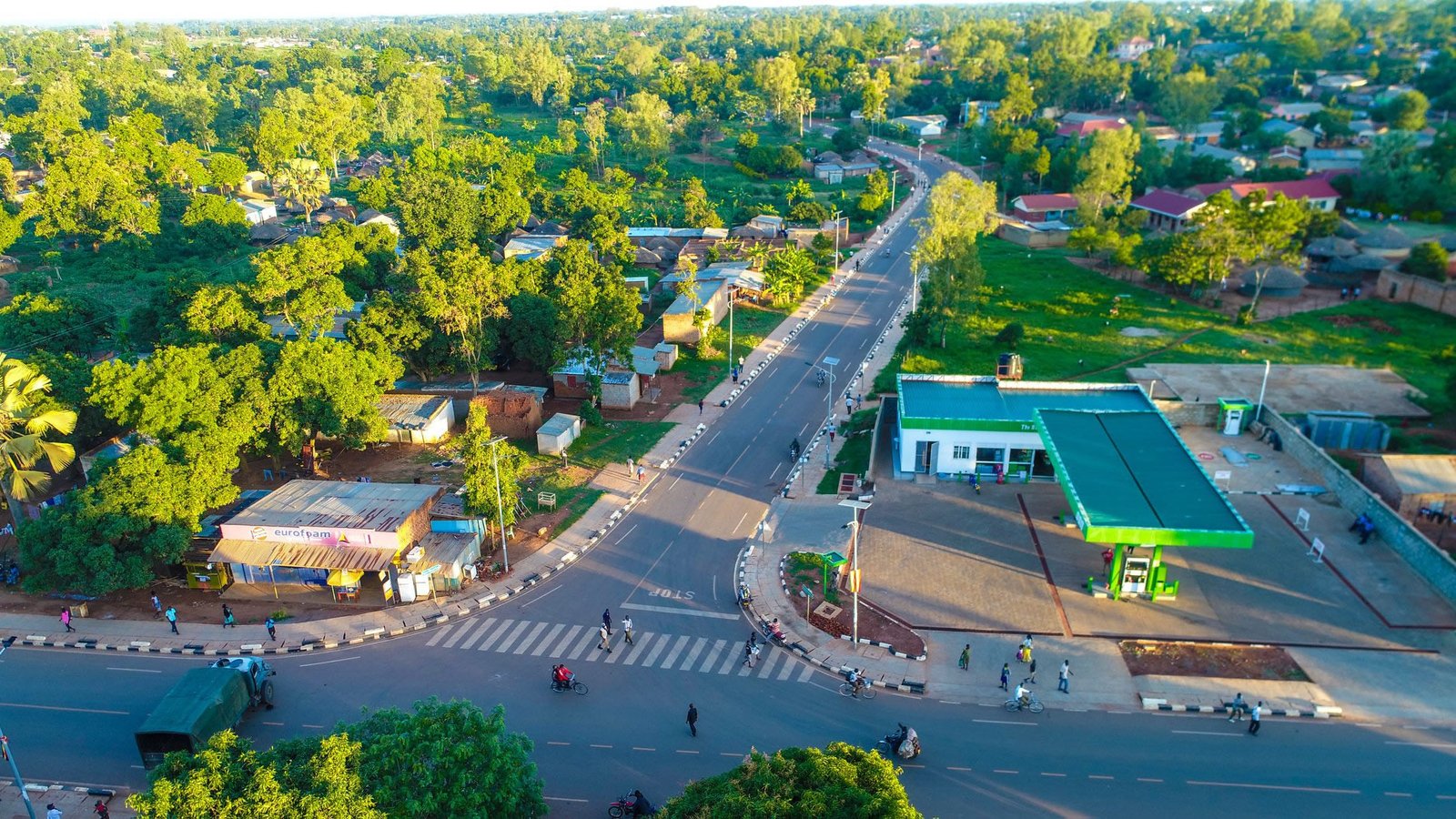The cities in Uganda are hubs of culture, commerce, and history, each offering a unique perspective on the country’s development and lifestyle. Whether it’s the bustling energy of Kampala, the adventure-filled atmosphere of Jinja, or the serene charm of Fort Portal, these cities serve as vital arteries of Uganda’s social and economic life.
Uganda’s cities blend traditional African culture with modern influences. In these cities, you’ll find everything from historic landmarks and cultural sites to modern infrastructure, lively markets, and cutting-edge businesses. Each city has its own distinct flavor, reflecting the local communities, geography, and history of the area.
In addition to their role as economic centers, Uganda’s cities also act as gateways to the country’s most popular tourist destinations. Whether you are heading out on a wildlife safari, planning a trek to see the mountain gorillas, or exploring the source of the Nile, Uganda’s cities offer essential services, comfortable accommodations, and vibrant urban life that complement your outdoor adventures.

As Uganda’s capital and largest city, Kampala is the political, economic, and cultural heartbeat of the nation. Nestled on a series of hills near the shores of Lake Victoria, Kampala is a dynamic city where modern skyscrapers coexist with historic landmarks and bustling local markets.
The city gets its name From Impala (Aepyceros melampus) a medium-sized African antelope that used to roam the jungles where Kampala seats today. Located just 40 Km from Entebbe International Airport, Kampala will amaze you with its beauty, culture and hospitality before you venture the rest of the country.
The city boasts of many attractions travelers can explore everytime they visit Uganda; including the National Museum, the famous Kasubi tombs, Kabaka’s Lake, Bulange Mengo, Kabaka’s palace (Lubiri, Mengo), the Uganda National Cultural Center, various religious centers like Bahai Temple, Kibuli & Gadaffi Mosques, Namirembe Cathedral, Rubaga Catholics Cathedral, Namugongo Martyrs’ Shrine, various shopping malls and night clubs.
Kampala is also known for its lively nightlife, with numerous bars, clubs, and restaurants offering a taste of Uganda’s modern entertainment scene. The city is a hub for business and commerce, with multinational companies, local businesses, and diplomatic missions headquartered here. It is a great starting point for visitors looking to explore the rest of the country.
Situated along the northern shore of Lake Victoria and at the source of the River Nile, Jinja is renowned as the adventure capital of Uganda. This city is famous for its thrilling outdoor activities and its scenic setting, making it a top destination for adrenaline junkies and nature lovers alike
In addition to adventure sports, Jinja has a rich colonial history, reflected in its architecture and cultural landmarks. The city also hosts various festivals and events, drawing both local and international tourists.

Located on the northern shores of Lake Victoria, is one of Uganda’s most scenic and historically significant cities. It serves as the main entry point for international travelers, being home to Entebbe International Airport, the country’s largest and busiest airport. Despite its relatively small size compared to other Ugandan cities, Entebbe offers a unique blend of natural beauty, historical landmarks, and laid-back charm that make it a must-visit destination.
Key Attractions
Mbarara is the largest city in southwestern Uganda and is often referred to as the “Land of Milk and Honey” due to its large-scale dairy farming and cattle herding. It serves as a commercial and administrative center for the region and is a gateway to some of Uganda’s most famous national parks.
Mbarara is a thriving agricultural hub and a popular base for exploring western Uganda’s national parks. Key attractions include Lake Mburo National Park, home to zebras, hippos, and antelope species, making it a prime safari destination.

The Igongo Cultural Centre showcases the rich history and traditions of the Ankole people, known for their long-horned cattle. Visitors can also explore the Nkokonjeru Tombs, the resting place of past Ankole kings, offering a glimpse into the region’s royal history. Additionally, visitors can experience the daily life of cattle farmers and enjoy local food experiences.

Nestled at the foothills of Mount Elgon, Mbale serves as a gateway for visitors looking to explore Mount Elgon National Park, famous for its scenic hiking trails, waterfalls, and the majestic Sipi Falls. The city is also a hub for the Bagisu people, known for their rich traditions, including the famous Imbalu circumcision ceremony, a rite of passage for young men.
Mbale, with its cool climate and cultural vibrancy, is a must-visit destination for adventure seekers and those interested in Uganda’s eastern highlands. Mount Elgon National Park offers excellent opportunities for hiking, birdwatching, and exploring its ancient volcanic landscape, while the stunning Sipi Falls, a series of three waterfalls, provides breathtaking views and options for hiking and abseiling. Traelers can also immerse themselves in the local Bagisu culture, especially during the traditional Imbalu circumcision ceremony, which occurs every even-numbered year.
Gulu, the largest city in northern Uganda, is emerging as a vibrant tourist destination and a gateway to the region’s rich history and stunning landscapes. As a dynamic cultural and commercial hub, Gulu offers travelers a blend of historical sites, cultural experiences, and access to some of Uganda’s most remote national parks. Key attractions include Fort Patiko, a 19th-century slave trade outpost that provides insight into Uganda’s colonial past, and the city’s role as a cultural center for the Acholi people, where visitors can experience traditional music, dance, and crafts. The Cultural Centre showcases Acholi heritage through exhibitions and performances. With its proximity to Murchison Falls National Park, Gulu is an ideal base for exploring northern Uganda’s wilderness, while its lively markets, warm hospitality, and growing arts scene make it an engaging destination.
